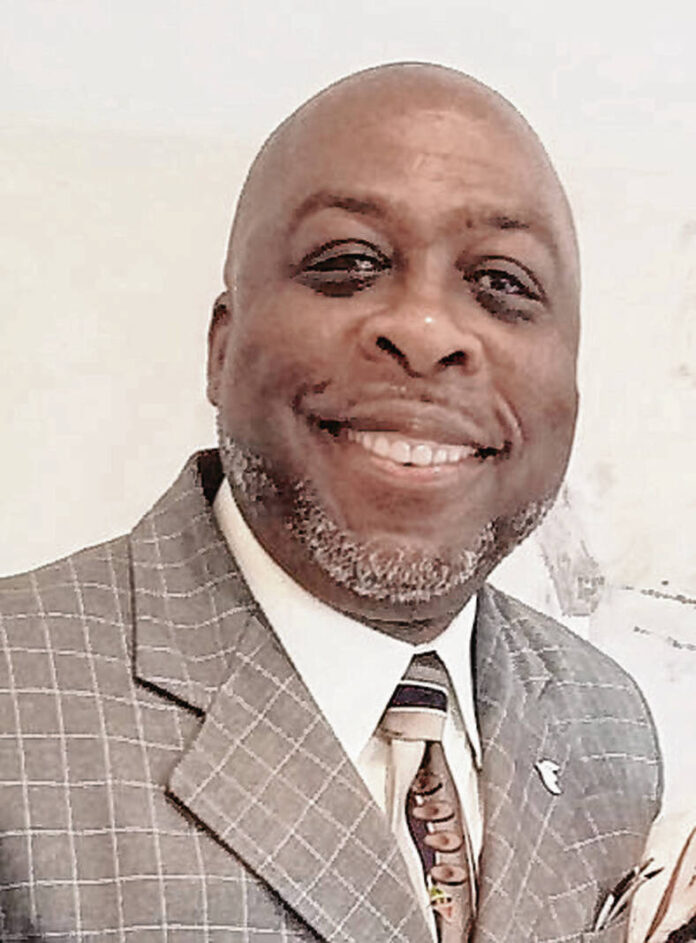“Leading ethically in an ethnically different congregation” captures, in essence, the thrust of my doctoral dissertation, born out of two decades of experience as a pastor of color who has served only in ethnically different congregations in Pennsylvania, Virginia and Indiana.
My interest in this study was fueled by a curiosity to discover whether my experience was an anomaly or whether other persons of similar ethnicity shared this ministry experience. While students of color populate and graduate from denominational institutions of higher learning, the number of them who go on to be hired as lead pastors in majority-White Wesleyan congregations is negligible at best. A more in-depth exploration into this phenomenon was, therefore, warranted while also seeking to determine whether these congregations favored hiring a lead pastor whose ethnicity was similar to theirs and whether graduates of color were even interested in serving ethnically congregations.
I am fascinated by where this research is taking me. I am as appalled by the paucity of existing literature in this field of study as I am by the failure of our seminaries and our denomination to keep statistics on graduates of color who have applied for lead pastor positions in ethnically different Wesleyan congregations.
For the record, neither this column nor the dissertation that inspired it was designed to pound the well-beaten drum of race, but rather to highlight the important paradigm of biblical ethical leadership theory. Embedded in this theory is the view that the Sovereign Shepherd calls under-shepherds, regardless of their ethnicity, and empowers them to lead and care for his diverse sheep.
The call to shepherding is, therefore, a grace call. It says more about the grace of the Sovereign Shepherd than about the under-shepherd’s ethnicity and gifting. Shepherding, then, becomes what Timothy Laniak calls the under-shepherd’s “benevolent use of authority and care.”
As such, it is first ethical before it is practical, as Ruth Haley Barton intimates in her claim that the under-shepherd is called first to be before s/he is called to do. Before shepherding has anything to do with doing, it has everything to do with being, she asserts — an assertion that is not a negation of doing as an essential part of biblical leadership.
Rather, it is an underscore that being, or the ethos of one’s person, must always precede doing. Both must have an eye for accountability to the Sovereign Shepherd, not only for how the under-shepherd has led and cared for his sheep, but also for how s/he has led and cared for their soul.
Among the chorus of voices that carried out a verbal postmortem on the culture of corruption that prefaced the recent fall of an American megachurch was Ed Stetzer’s. Using his “megaphone” to warn of the growing deficiency in integrity among church leaders, Stetzer lamented the increasing “body count of young pastors whose ability rose them to prominence before their character was ready for them.”
Stetzer’s was a clarion call to the Church, and leaders within it, to do away with the celebrity status we tend to give to church leaders and seek, instead, to regain the moral high ground that is biblical ethical leadership.
I treasure my unique experience as a colored pastor to three ethnically different congregations, including the Brown’s Chapel Wesleyan Church. These dear people have allowed me the privilege of shepherding them over these two decades, with all the discomfort that must initially be overcome.
I pray constantly that I will continue being faithfully present to them and to the Sovereign Shepherd who called me to serve them. After all, how else would I hear him say, “Well done”?





